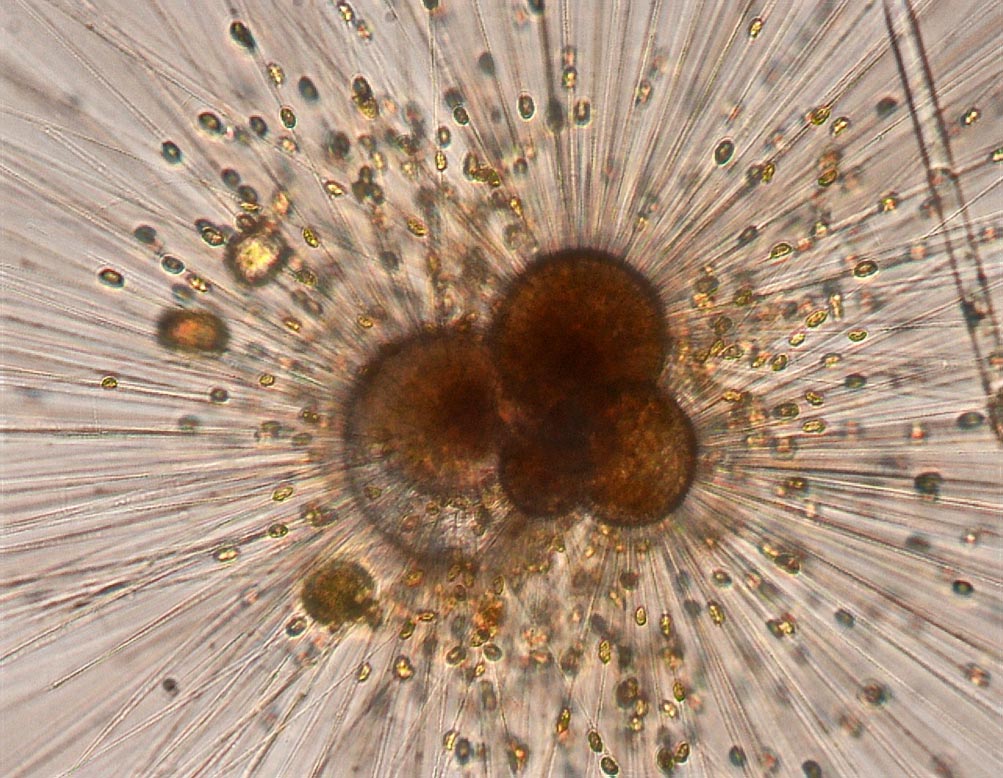
A new study of an ancient period that is considered the closest natural analog to the era of modern human carbon emissions has found that massive volcanism sent great waves of carbon into the oceans over thousands of years — but that nature did not come close to matching what humans are doing today.
The oceans absorbed large amounts of carbon, spurring chemical reactions that caused waters to become highly acidic, and killing or impairing many marine species.
Scientists have known about the PETM carbon surge for years, but until now, have been shaky on what caused it.
Researchers have also been uncertain about how much carbon dioxide was present in the air, and thus how much the oceans took in.
Up to now, marine studies of the PETM have relied on scant chemical data from the oceans, and assumptions based on a certain degree of guesswork that researchers fed into computer models.
They did this by culturing tiny shelled marine organisms called foraminifera in seawater that they formulated to resemble the highly acidic conditions of the PETM.
The researchers say the carbon pulses, which others estimate lasted for at least 4,000 to 5,000 years, added as much as 14.9 quadrillion metric tons of carbon to the oceans — a two-thirds increase over their previous content.
As the oceans absorbed carbon from the air, waters became highly acidic, and remained that way for tens of thousands of years.
Today, human emissions are causing carbon dioxide in the atmosphere to skyrocket, and the oceans are again absorbing much of it.
She pointed out that even at the much slower pace of the PETM, marine life saw major die-offs.
The article states, “As the oceans absorbed carbon from the air, waters became highly acidic, and remained that way for tens of thousands of years.”.
In the vicinity of Black Smokers and CO2 springs, the ocean waters become slightly acidic
However, even in the deep, cold waters, supercharged with CO2 from anaerobic decomposition of the organic plankton rain settling to the bottom, one does not see acidic water
However, that doesn’t fit the story about the role of anthropogenic CO2 making the oceans “highly acidic” at a faster rate than during the PETM
September 9, 2020
September 9, 2020
September 9, 2020
September 9, 2020
September 9, 2020
September 9, 2020
September 9, 2020
